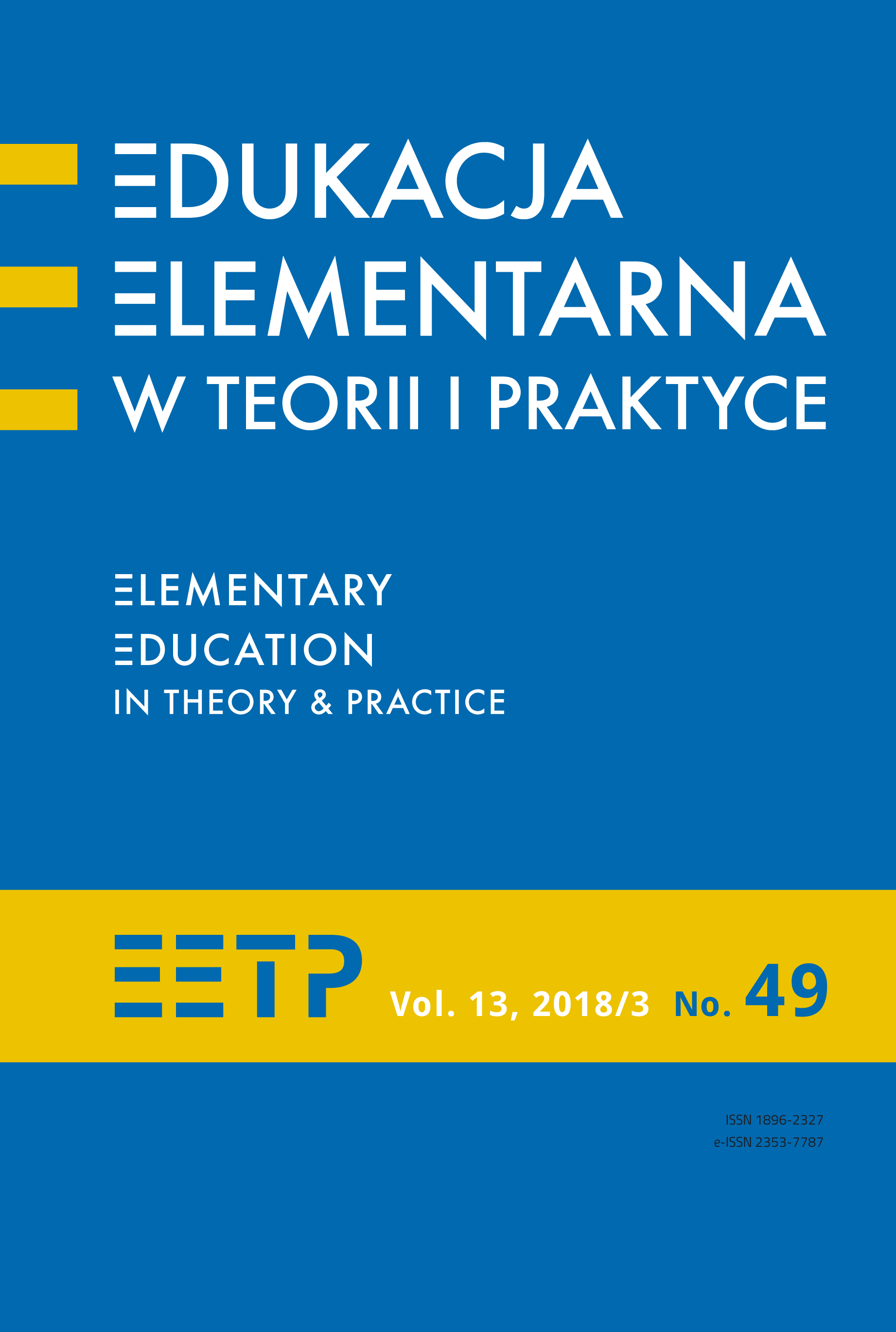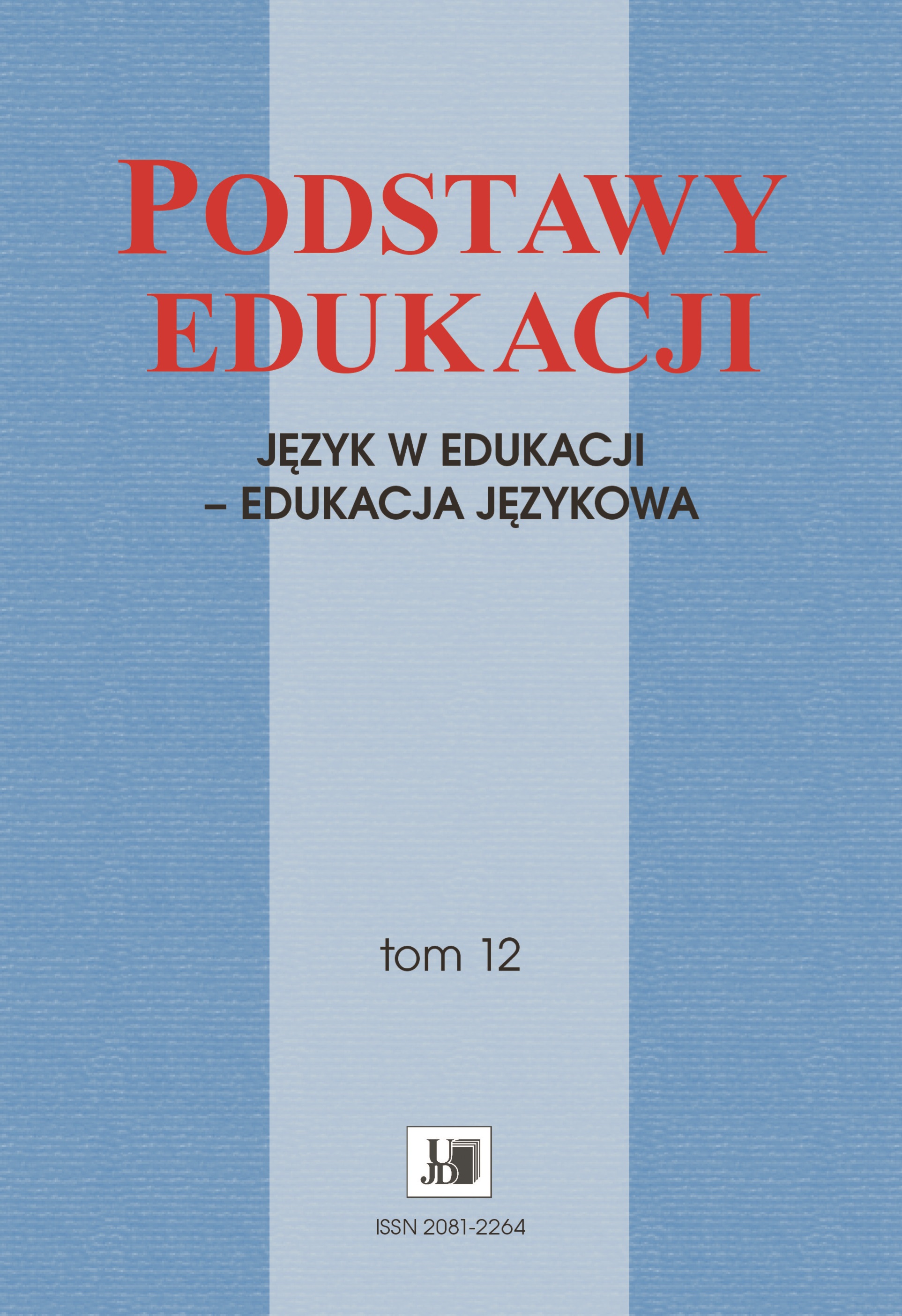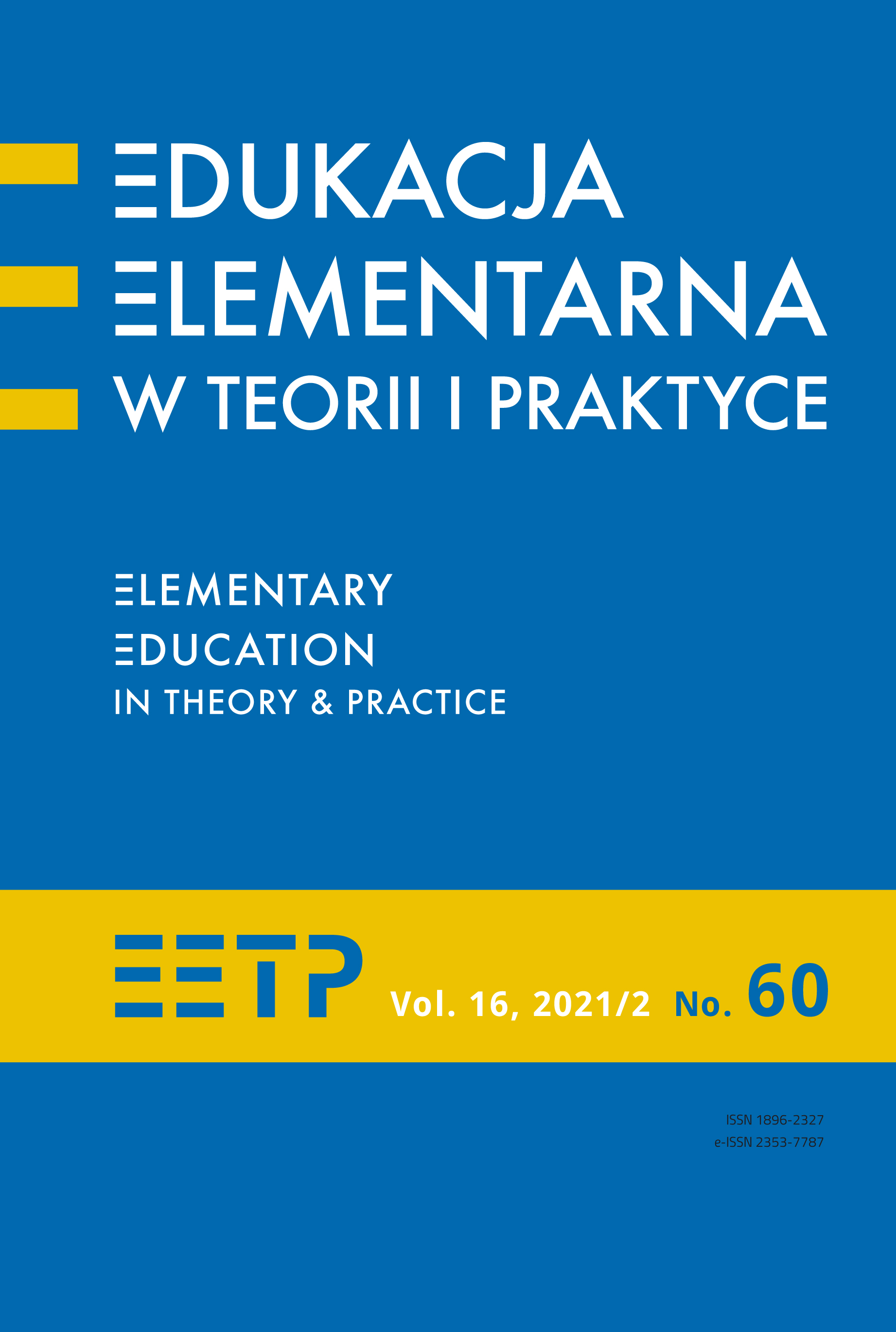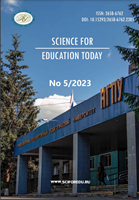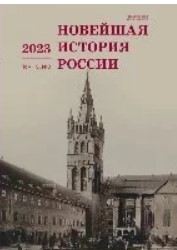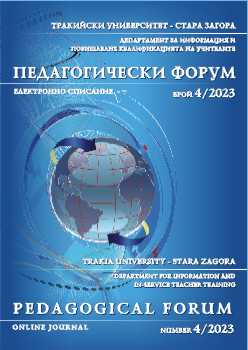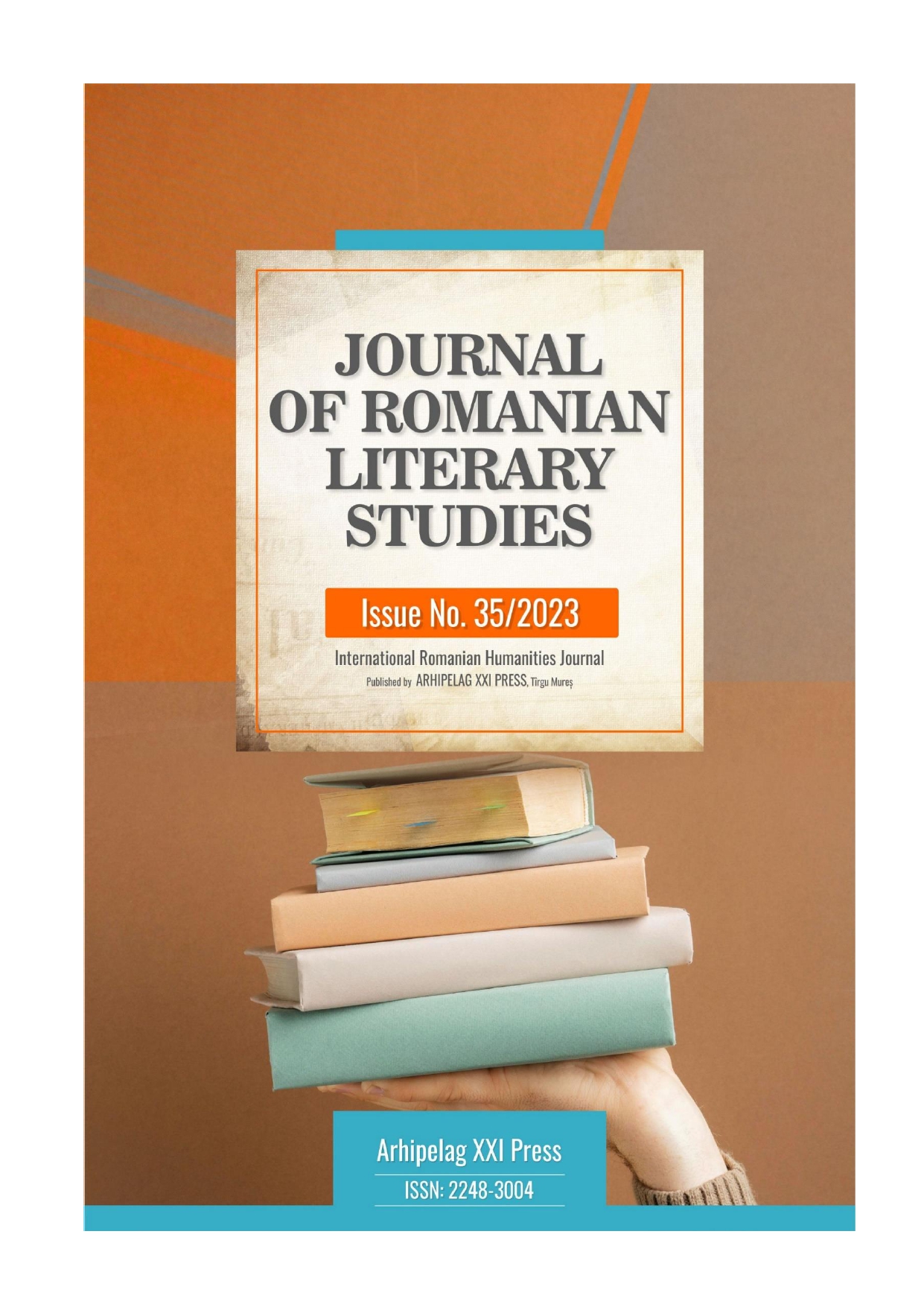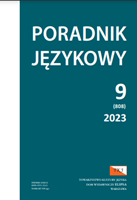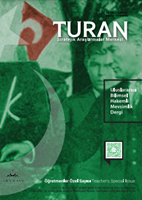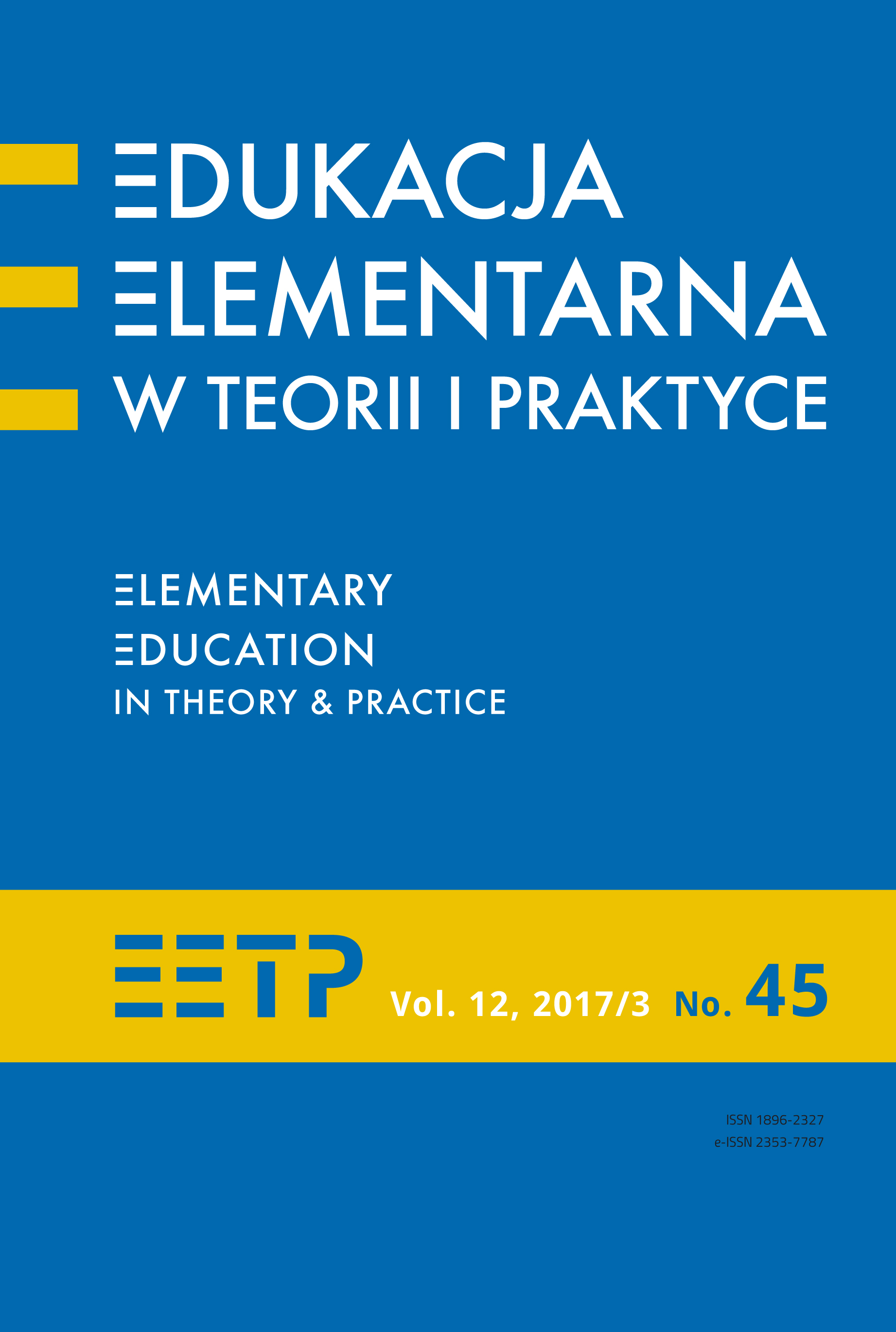
Wartości ilustracji w książce obrazkowej i ilustrowanej w perspektywie porządku jej udostępniania dzieciom
Picture books and illustrated books provide children with contact with fine art and their first visual communication experience. Therefore, it is important for them to have their place in the child’s daily routine and to be valuable in terms of cognitive and aesthetic stimuli. The current market for children’s books is outstandingly abundant and offers publications that are addressed to a narrow group of recipients, which distinguish themselves with diversified perceptual capabilities. This constitutes an attempt to order picture books and illustrated books, taking into account the complexity of visual demonstration and defining their recipients. As a result of analysing available books for children, the following categories of illustration have been distinguished and discussed: representational – “one – element”; representational – “multi – elements” and situational; narrative with a single set; narrative with a multi set; framework - emotional; framework – symbolic; symbolic – context. Other categories characteristic of the visual construction method have been supported with examples of publications of children’s picture books. The coverage focuses on the value of the connection between children and diverse solutions of illustrated art. Moreover, it pays particular attention to the meaning of illustration in the visual literacy of children and its role in introducing the world of art.
More...
